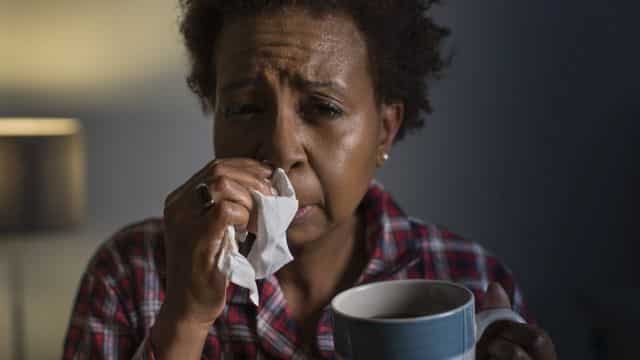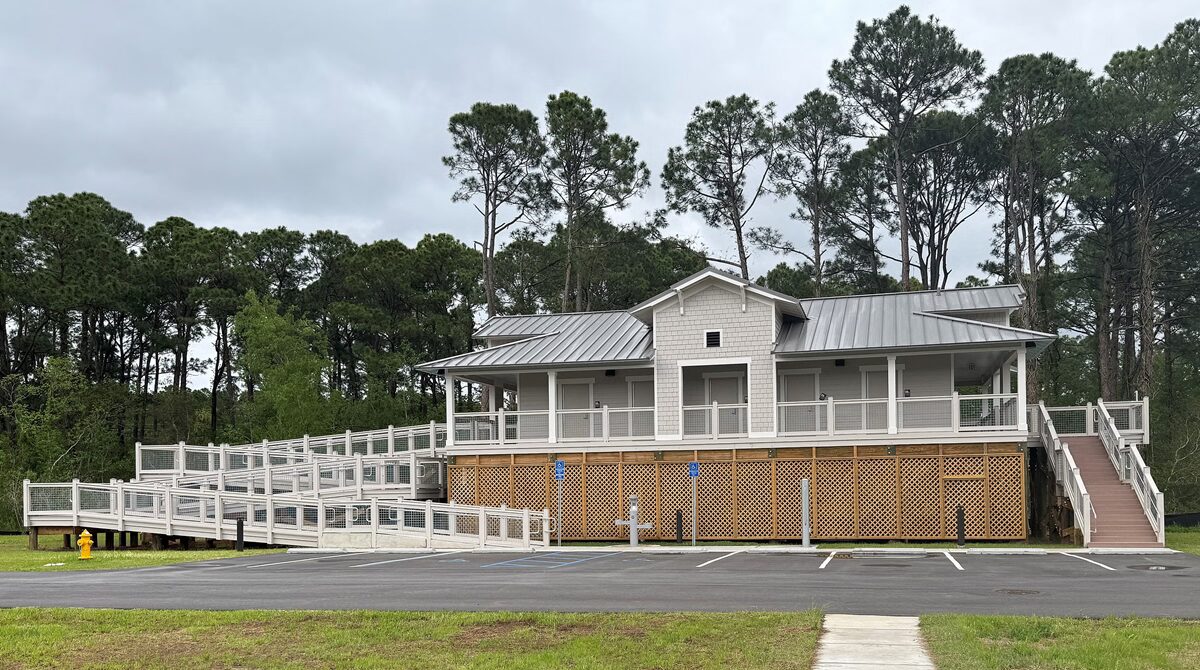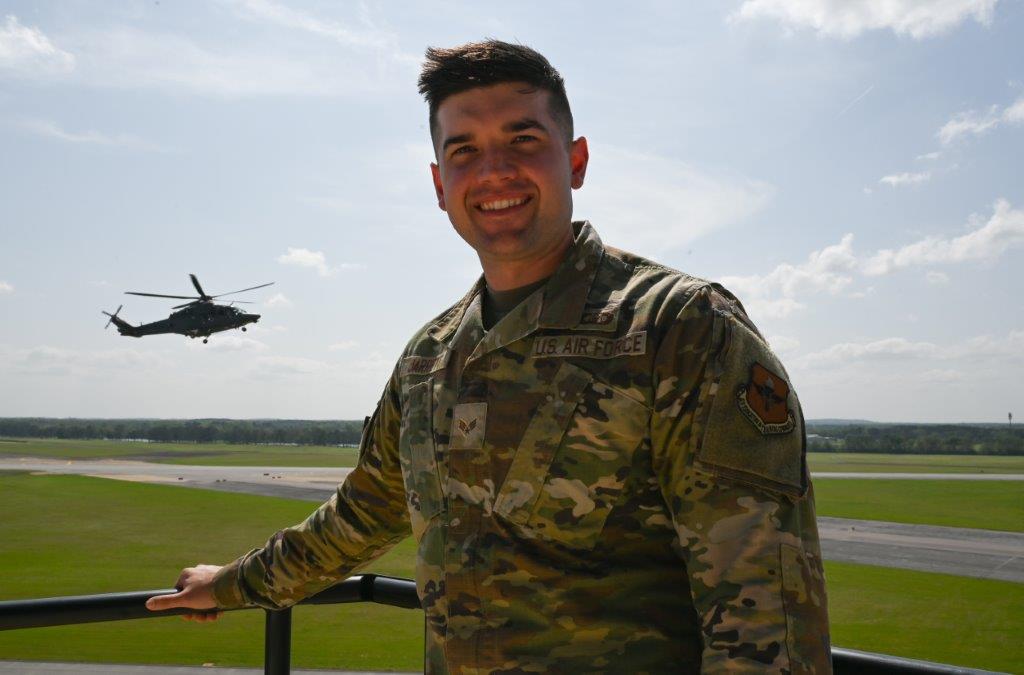UAB doctor: Winter storm likely helped slow fierce flu’s spread

The 2018 flu season is shaping up to be one of the worst in many years, says UAB epidemiologist Dr. Bernard Camins. The Centers for Disease Control and Protection said the flu vaccine is only 30 percent effective. Camins said that prevention is the best cure: Stay away from those who are sick, wash hands frequently and if you haven't already received a flu shot, get one as soon as possible. (Contributed)

UAB’s Dr. Bernard Camins, associate professor for infectious diseases (UAB)
The nation is facing one of its worst flu epidemics in years, but Alabama residents may enjoy a small respite from the flu, thanks to three relatively travel-free days this week.
The Martin Luther King holiday on Jan. 15, followed by two or three snow days, likely prevented more flu cases, said Dr. Bernard Camins, an epidemiologist at UAB Hospital. The weekend should offer a small break, as well.
“Those days off helped because people stopped congregating and spreading the flu,” Camins said. “The 2018 flu season is the worst year I’ve ever seen in a hospital. We have had to cancel elective surgeries because the hospital was entirely full. We’ve had a big influx of flu patients being admitted, and we’ve activated our emergency response center.”
It’s no secret, Camins said, that travel – or the lack thereof – affects the spread of disease. Hospital emergency rooms continue to fill up across the country as people battle flu. The Centers for Disease Control and Prevention (CDC) theorizes that flu worsened in the Southeast in December and the weeks following as people traveled to and fro for the holidays.
Though the flu vaccine is only 30 percent effective this year, Camins said, it carries some protection.
“In a best-case scenario, the vaccine is 80 percent effective in a good year,” said Camins, who is part of the Education Committee Panel for the SHEA/CDC Program: Training United States Healthcare Epidemiologists to Respond to Infectious Diseases Outbreaks and Public Health Emergencies. Patients who get the flu after having the vaccine most likely won’t get as ill as someone who forgoes the vaccine.
The CDC collects samples of the flu virus to see how well the vaccine works, but won’t know the full extent of the flu season until two to three months after the peak.
Camins recommends that people take action to prevent the spread of the flu, starting with taking care of themselves.

UAB physicians and laboratory employees are carefully monitoring Alabama’s flu season. Camin recommends that patients take symptoms seriously and seek immediate treatment for the illness. (Donna Cope/Alabama NewsCenter)
Flu prevention is the best cure
Here are Camins’s tips for protecting you and your family from the flu:
- It’s not too late – get the flu vaccine.
- Stay away from people who are sick.
- Use alcohol-based hand rub or wipes.
- In the current environment, it’s OK to ask people to not shake hands. If you do shake hands, do not touch your eyes, nose or mouth afterward. Wash your hands with soap and water as soon as possible.
- Do not cough into your hands. Instead, cough into your elbow, which prevents the spread of germs.
- If you’re sick, don’t go to public areas such as work, school or church.
Follow Dr. Camins’s orders to get well soon
If you’re sick with the flu, take these steps to get well soon:
- If you’re not very ill, call your family doctor and ask for a prescription for Tamiflu. Taking Tamiflu within 48 hours of symptoms can reduce your sick time and prevent spreading to others.
- Drink lots of fluids.
- Take medicines such as Tylenol to reduce fever, aches and pain.
Camins said patients with chronic or underlying health conditions, such as asthma, emphysema or heart failure, should see their family doctor or go to an emergency room as soon as possible after experiencing flu symptoms.





